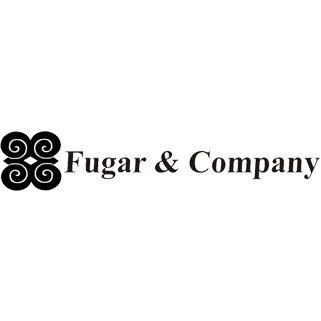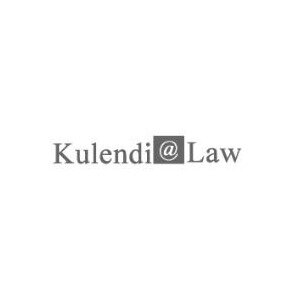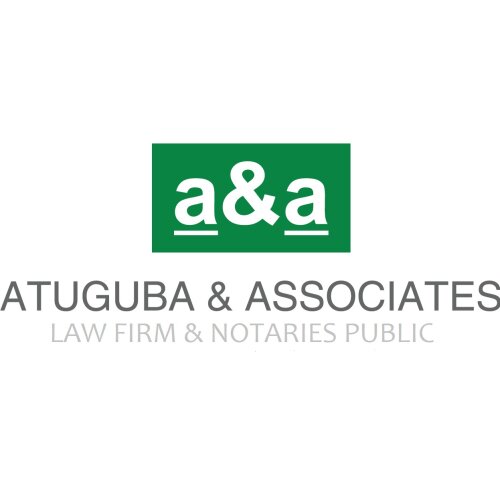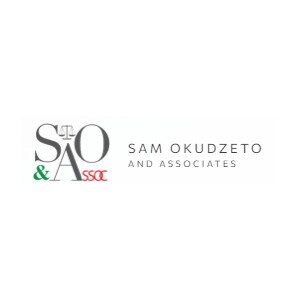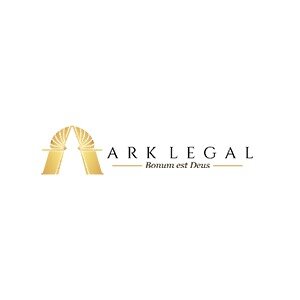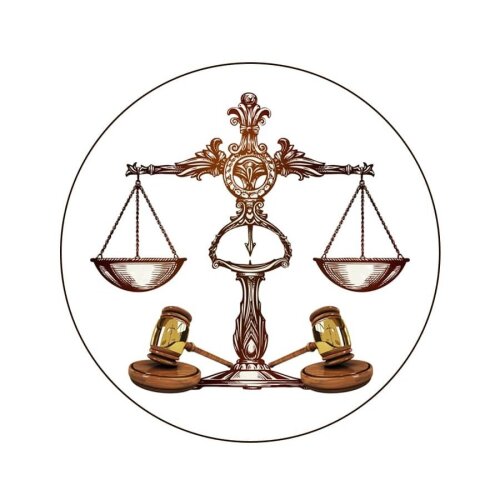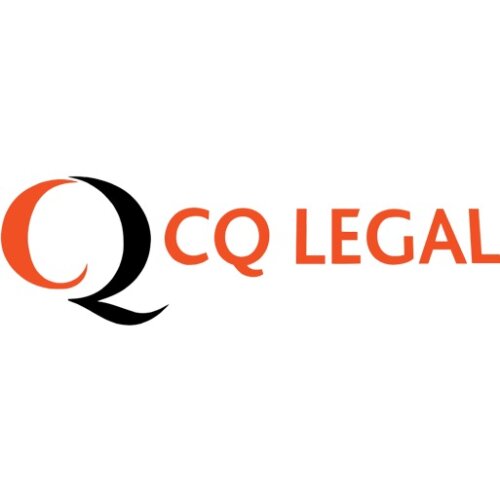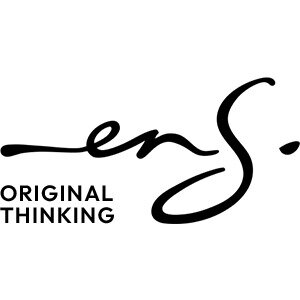Best Energy Regulatory Law Lawyers in Ghana
Share your needs with us, get contacted by law firms.
Free. Takes 2 min.
Or refine your search by selecting a city:
List of the best lawyers in Ghana
About Energy Regulatory Law in Ghana
Energy Regulatory Law in Ghana serves as the legal framework that governs the production, distribution, and consumption of energy resources, including electricity, oil, gas, and renewable energy. It sets out the rules and guidelines for licensing, tariffs, safety, compliance, environmental standards, and protection of consumer rights within the energy sector. The main objective is to ensure efficient, reliable, and equitable access to energy services, while promoting investment and sustainable development.
Why You May Need a Lawyer
You may require legal assistance in Energy Regulatory Law in a variety of situations, including:
- Applying for or renewing licenses to generate, distribute, or retail electricity or other forms of energy
- Understanding or disputing energy tariffs or bills
- Negotiating power purchase agreements or supply contracts
- Resolving disputes with regulatory bodies or other market players
- Ensuring compliance with safety and environmental regulations
- Transacting business in the oil and gas sectors, such as entering joint ventures or acquisitions
- Dealing with land acquisition or compensation matters related to energy projects
- Seeking redress for outages, service disruptions, or damages caused by energy installations
- Advising on renewable energy investments or incentives available in Ghana
A lawyer with expertise in Energy Regulatory Law can interpret complex regulations, deal with administrative agencies, draft compliant contracts, and represent you in disputes or negotiations.
Local Laws Overview
Ghana’s energy sector is governed by several key pieces of legislation and regulatory bodies. Notable laws include the Energy Commission Act of 1997, which establishes the Energy Commission to license and regulate the technical operations of the energy sector. The Public Utilities Regulatory Commission (PURC) Act oversees the tariff setting and consumer protection aspects. There are also laws specific to petroleum and renewable energy, such as the Petroleum (Exploration and Production) Act and the Renewable Energy Act.
These laws address various areas such as:
- Licensing procedures for entities within the electricity, gas, and petroleum markets
- Tariff approval processes and consumer protection mechanisms
- Safety and environmental compliance for projects and operations
- Regulation of downstream activities like marketing, storage, and distribution
- Promotion and integration of renewable energy sources
- Dispute resolution between market participants and consumers
Regulatory compliance is mandatory for both local and foreign entities engaged in the sector.
Frequently Asked Questions
What licenses are required to operate in Ghana’s energy sector?
Entities involved in generation, transmission, distribution, sale, or export of energy must obtain the appropriate licenses from the Energy Commission. Specific licenses depend on the type of energy and the activity.
Who regulates electricity tariffs in Ghana?
The Public Utilities Regulatory Commission (PURC) is responsible for approving and reviewing electricity tariffs to ensure fairness for both consumers and providers.
How can disputes in the energy sector be resolved?
Disputes can be resolved through formal complaints to the relevant regulatory authority, such as PURC or the Energy Commission. Arbitration and court processes are also common for complex disputes.
Are there incentives for renewable energy projects?
Yes, Ghana’s Renewable Energy Act provides various incentives, including feed-in tariffs, tax reliefs, and the Renewable Energy Fund to support renewable energy deployment.
What is the role of the National Petroleum Authority (NPA)?
The NPA regulates, oversees, and monitors the downstream petroleum sector, including licensing, quality control, and pricing of petroleum products.
How are environmental concerns managed in energy projects?
Projects must comply with national environmental standards, which require Environmental Impact Assessments (EIA) and adherence to safety and conservation protocols. The Environmental Protection Agency (EPA) monitors compliance.
Can foreign companies participate in the energy sector?
Yes, foreign companies can operate in Ghana’s energy sector, but they must comply with local content requirements and obtain the necessary licenses.
What rights do energy consumers have?
Consumers have the right to accurate billing, efficient service delivery, redress of grievances, and connection to the national grid where feasible. These rights are protected by the PURC and sector-specific regulations.
How are power purchase agreements (PPAs) regulated?
PPAs must be approved by regulatory bodies to ensure fair terms and compliance with national policies. Legal review is essential to negotiate and finalize these agreements.
What penalties exist for non-compliance with energy regulations?
Penalties may include suspension or revocation of licenses, fines, and criminal prosecution in cases of severe violations. Regulatory bodies have the authority to enforce compliance.
Additional Resources
If you need further information or support on Energy Regulatory Law in Ghana, consider reaching out to the following organizations:
- Energy Commission of Ghana - Responsible for licensing and technical regulation
- Public Utilities Regulatory Commission (PURC) - Handles tariffs and consumer protection
- National Petroleum Authority (NPA) - Oversees downstream petroleum activities
- Environmental Protection Agency (EPA) - Regulates environmental compliance in energy projects
- Ministry of Energy - Formulates policies and provides oversight for the sector
- Ghana Bar Association - Can provide referrals to specialized lawyers
- Association of Ghana Solar Industries - Useful for renewable energy project advice
Next Steps
If you need legal assistance relating to Energy Regulatory Law in Ghana, start by identifying the specific issue or area of concern. Gather all relevant documents such as licenses, contracts, or correspondences. It is advisable to consult with a legal practitioner experienced in energy law, who can guide you on compliance requirements, assist with negotiations or applications, and represent you before regulatory bodies or courts if needed.
Contacting the relevant governmental body or regulatory authority for initial guidance can also be helpful. For complex matters, engaging a lawyer early can save time and mitigate risks associated with non-compliance or disputes. Always ensure your legal advisor has a proven track record in energy regulatory matters within Ghana.
Lawzana helps you find the best lawyers and law firms in Ghana through a curated and pre-screened list of qualified legal professionals. Our platform offers rankings and detailed profiles of attorneys and law firms, allowing you to compare based on practice areas, including Energy Regulatory Law, experience, and client feedback.
Each profile includes a description of the firm's areas of practice, client reviews, team members and partners, year of establishment, spoken languages, office locations, contact information, social media presence, and any published articles or resources. Most firms on our platform speak English and are experienced in both local and international legal matters.
Get a quote from top-rated law firms in Ghana — quickly, securely, and without unnecessary hassle.
Disclaimer:
The information provided on this page is for general informational purposes only and does not constitute legal advice. While we strive to ensure the accuracy and relevance of the content, legal information may change over time, and interpretations of the law can vary. You should always consult with a qualified legal professional for advice specific to your situation.
We disclaim all liability for actions taken or not taken based on the content of this page. If you believe any information is incorrect or outdated, please contact us, and we will review and update it where appropriate.
Browse energy regulatory law law firms by city in Ghana
Refine your search by selecting a city.



